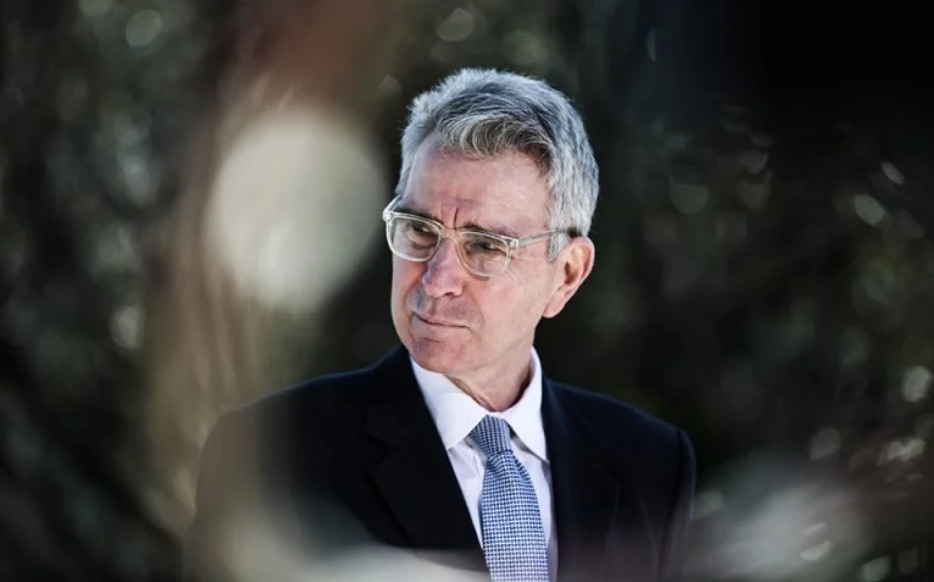Greece Takes Center Stage in Energy Security with Vertical Corridor Gas Project
In a significant boost for energy security in Europe, Greece is stepping into the spotlight as a key player in the energy landscape, thanks to the ambitious Vertical Corridor gas project. US Assistant Secretary of State for Energy Resources, Geoffrey Pyatt, recently shared insights on this transformative initiative during an interview with the Athens-Macedonian News Agency (AMNA). Following his participation in the REPowerEU summit in Athens, Pyatt emphasized that this European gas pipeline is not just a project; it’s a game-changer for regional energy security.
The Vertical Corridor aims to connect the gas systems of several countries, including Greece, Bulgaria, Moldova, Romania, Slovakia, and Ukraine. Pyatt highlighted that this project can be developed with relatively low capital costs while delivering substantial benefits for energy security across the Western Balkans and Ukraine. In a time when energy independence is more crucial than ever, the corridor is seen as fundamental in reducing reliance on Russian energy supplies.
Pyatt didn’t mince words when discussing the urgency of this transition. “The role of Greece is more important than ever,” he stated, pointing to the country’s leadership in the energy transition through a significant increase in renewable energy sources like wind, solar, and clean hydrogen. This shift not only enhances Greece’s energy security but also positions it as a leader in the broader European energy landscape.
The recent REPowerEU summit in Athens was a testament to Greece’s growing influence in energy diversification. Pyatt expressed satisfaction with the participation of US LNG companies at the event, underscoring the EU’s recognition of Greece as a pivotal player in this arena. He also noted the importance of Greece’s burgeoning digital economy, bolstered by investments from major US tech firms, which enhances the country’s potential to become a digital hub in Southeast Europe. This digital transformation is vital for attracting further investments and fostering economic growth.
One of the standout projects in this energy evolution is the Floating Storage Regasification Unit (FSRU) in Alexandroupoli. Pyatt described it as a “transformative project” that is already reshaping the energy security landscape in the Western Balkans. The involvement of neighboring countries like Bulgaria and Serbia in this initiative illustrates a regional commitment to achieving energy independence, further solidifying Greece’s role as a leader in this critical sector.
With recent geopolitical tensions in the Middle East, Pyatt also touched on Greece’s potential role in reconstruction efforts in Gaza, particularly in energy-related projects. He mentioned the involvement of an Athens-based company in managing Gaza’s main power station, stating, “There is a natural role for Greece and Greek companies in this context.” This highlights Greece’s expanding influence not just in Europe, but also in the broader geopolitical landscape.
As the energy landscape continues to evolve, Greece’s leadership through initiatives like the Vertical Corridor gas project positions it as a vital player in ensuring energy security for the region. With a focus on renewable energy and regional collaboration, the future looks bright for Greece as it navigates the complexities of energy independence and diversification.



